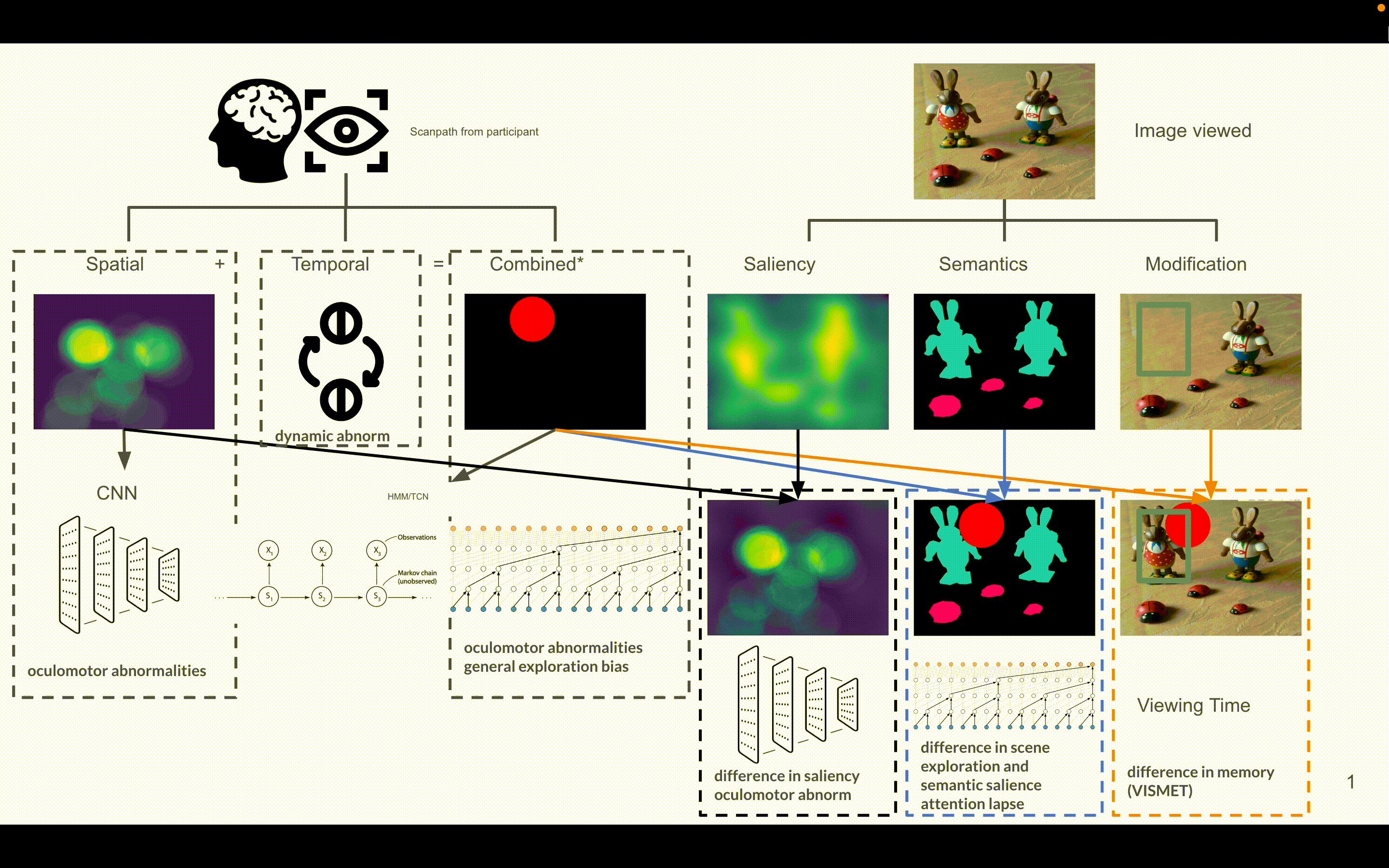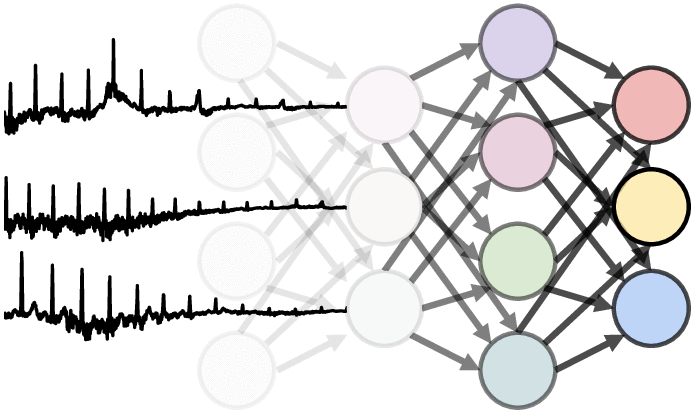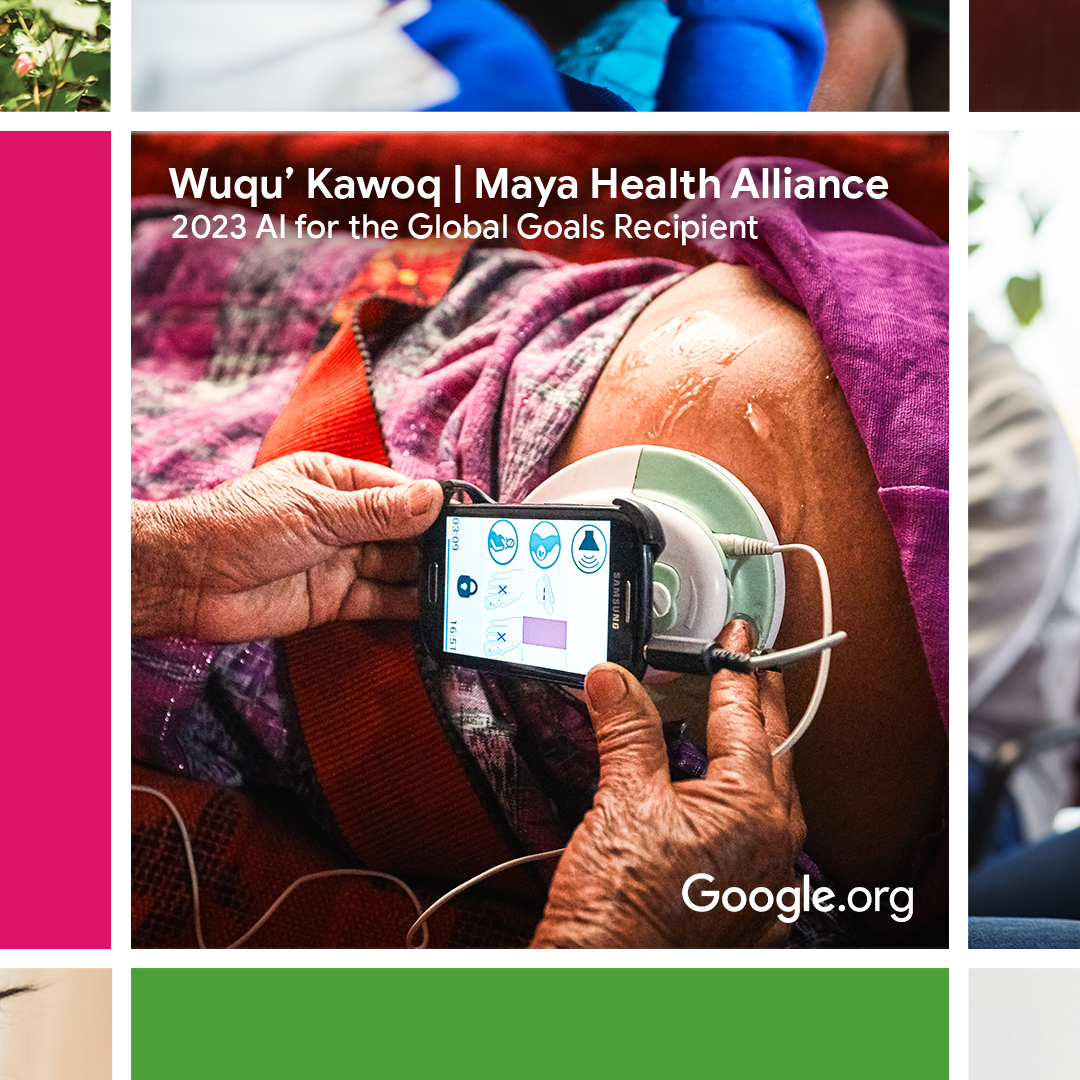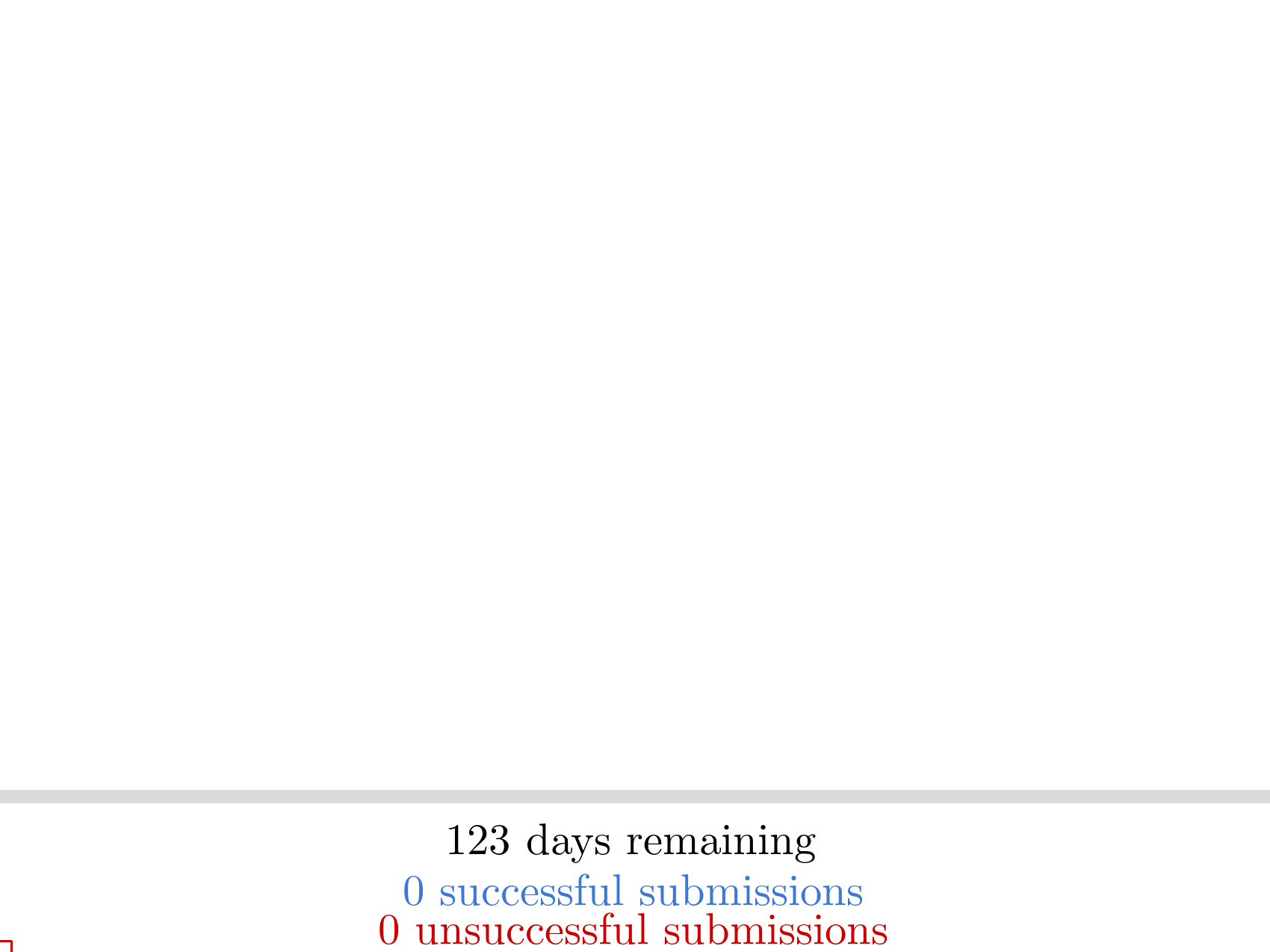Research

Brain Health
Modern machine learning and low cost digital devices have the potential to expand digital diagnostics and decision support systems for clinical psychiatry and neurology. We focus on developing signal processing and machine learning approaches applied to data streams from ambient devices and wearables in neurodivergent populations, with applications in Autism, Alzhimer's, Circadian Rhythm Disorders, Depression, Rett Syndrome, and Sleep Health, among others. We also partner with Linus Health to scale some of our innovations within the healthcare system. Our work is funded by the NIH, the Center for Discovery, the Rett Syndrome Research Foundation, and the One Mind foundation.

Cardiovascular Informatics
We build large scale databases and foundational models for cardiovascular diagnostics. We focus on improving representation, data and label quality, and algorithmic advances. A recent example of our work can be found at physiocrowd.org. We estimate that there's between 1 and 100 billion ECGs in existence, yet until now, only a few thousand existed in the public domain, largely taken from a mostly homogenous population from the Global North. We aim to provide the resources for the global majority to both enhance their representation in medical databases, and enable them to build systems by engineers in the global south for populations across the world. This work is supported by the NIH, NSF, Amazon and AliveCor.

Maternal-Child / Global Health
Since 2007 we have pushed forward the field in non-invasive fetal monitoring, publishing the only articles to demonstrate accurate ST and QT interval analysis from the fetal ECG. In 2009 an MIT-Tufts spin-out company, MindChild was formed to commercialize the technology, leading to an FDA approved device that is in use in Labor & Delivery on three continents, both clinically, and in a large-scale Gates Foundation-funded initiative. Our team has won the Computing in Cardiology competition for fetal ECG analysis and has posted several open-source algorithms, datasets, and models for benchmarking fetal ECG tools on PhysioNet.org. Since 2012 years, our lab has developed an extensive co-design program with the Emory Co-Design Lab and a Guatemalan NGO (Wuqu' Kawoq) to create and deploy safe+natal - an AI-driven edge-compute mHealth technology to support community healthcare workers and to improve outcomes in pregnancy and early childhood, particularly those related to hypertensive disorders of pregnancy and fetal growth restriction. After completion of a successful RCT, the system became the standard of care for the NGO and has led to a significant reduction in mortality. Current research focuses on extending this system to new populations. We also work closely with Morehouse School of Medicine on the Implementing a Maternal health and Pregnancy Outcomes Vision for Everyone (IMPROVE) Initiative in Georgia, and with the Gates Foundation's Child Health and Mortality Prevention Surveillance program in sub-Saharan Africa. This work is supported by the NIH, Google.org and the MacArthur foundation in collaboration with our incredible NGO partner, Wuqu' Kawoq.

Open Science: The George B. Moody PhysioNet Challenges
Perhaps the most important theme running through our work is that of open science. We support not-for-profit open access publishing, open data, open-source code and public challenges to evaluate and compare scientific advances, particularly in physiological data. Since 2015 we have lead the third aim for the NIH-funded (R01EB030362) PhysioNet Resource – the George B. Moody PhysioNet Challenges - a series of annual public international competitions, or ‘Challenges’ (which has run since the year 2000), to disseminate gold standard datasets and software that addresses unsolved problems in healthcare. We also lead or co-lead several large-scale initiatives to create large-scale open access research databases, including the Human Sleep Project and the CHoRUS project as part of the Bridge2AI consortium designed to create ethically sourced datasets and tools around Artificial Intelligence and to create best practices for AI in health.